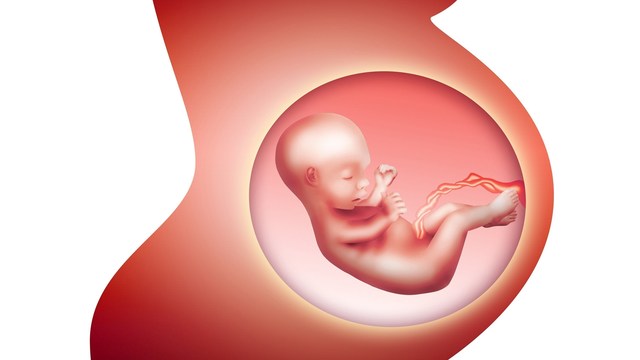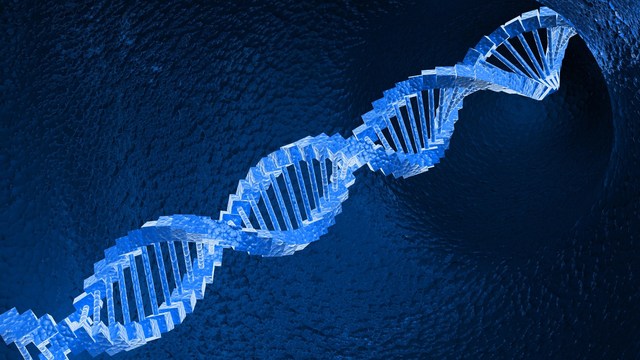Researchers at the Picower Institute for Learning and Memory at the Massachusetts Institute for Technology, including NARSAD Investigator Yingwei Mao, Ph.D., have found that inhibiting a key brain enzyme in mice reversed schizophrenia-like symptoms.
The finding, reported in the March 20 issue of Cell, identified how the DISC1 (disrupted in schizophrenia) gene controls this brain enzyme. Better understanding of the relationship could lead to new drug treatments for schizophrenia.
DISC1 has been shown to help brain neurons migrate to their correct positions and new neurons to grow in the developing brain, but its activity has not been well understood. Now, the MIT researchers have shown that DISC1 directly inhibits the activity of a brain enzyme, glycogen synthase kinase 3 beta, or GSK3B. Lithium chloride, the mood-stabilizing drug often prescribed for schizophrenia and bipolar disorder, also acts on GSK3B.
"This work for the first time provides a detailed explanation of how DISC1 functions normally in our brains," said the team leader, Li-Huei Tsai, Ph.D., Picower Professor of Neuroscience, Howard Hughes Medical Institute investigator and director of the neurobiology program of the Stanley Center for Psychiatric Research at the Broad Institute of Harvard and MIT.
Working with mice, the researchers found that DISC1 regulates the growth of neural stem cells in both developing and adult brains. During brain development, a fine-tuned mechanism regulates when neural stem cells divide and replenish their own population and when they turn into newborn neurons that will mature and grow appropriate connections with other neurons.
The team found that halting expression of DISC1 in neural stem cells caused them to stop dividing and prematurely turn into newborn neurons. Eliminating DISC1 in adult mouse neural stem cells caused similar defects and produced behavioral changes such as hyperactivity, a symptom in mouse models of schizophrenia. However, giving a chemical inhibitor of GSK3B to these mice completely reversed their abnormal behavior.
DISC1 works by directly inhibiting the activity of GSK3B. DISC1 regulates the balance between neural stem cell self-renewal and turning into neurons, which impacts overall brain circuitry and can lead to compromised cognition and behavioral abnormalities.
"Understanding the normal function of DISC1 in the brain could lead to new information on how schizophrenia arises due to genetic predisposition and environmental factors," Dr. Tsai said. “With this new knowledge of the DISC1-GSK3B interaction, one of the goals is to develop new drugs targeting schizophrenia.”
(This article was adapted with permission from MIT.)





Add a CommentComments
There are no comments yet. Be the first one and get the conversation started!